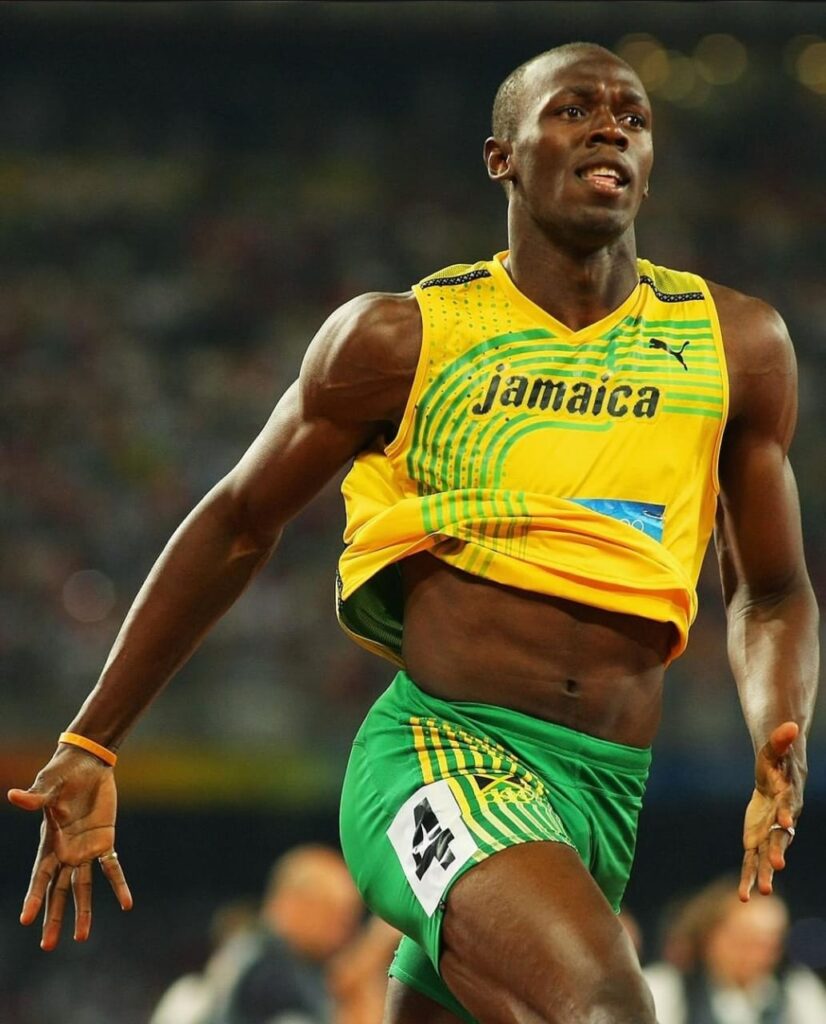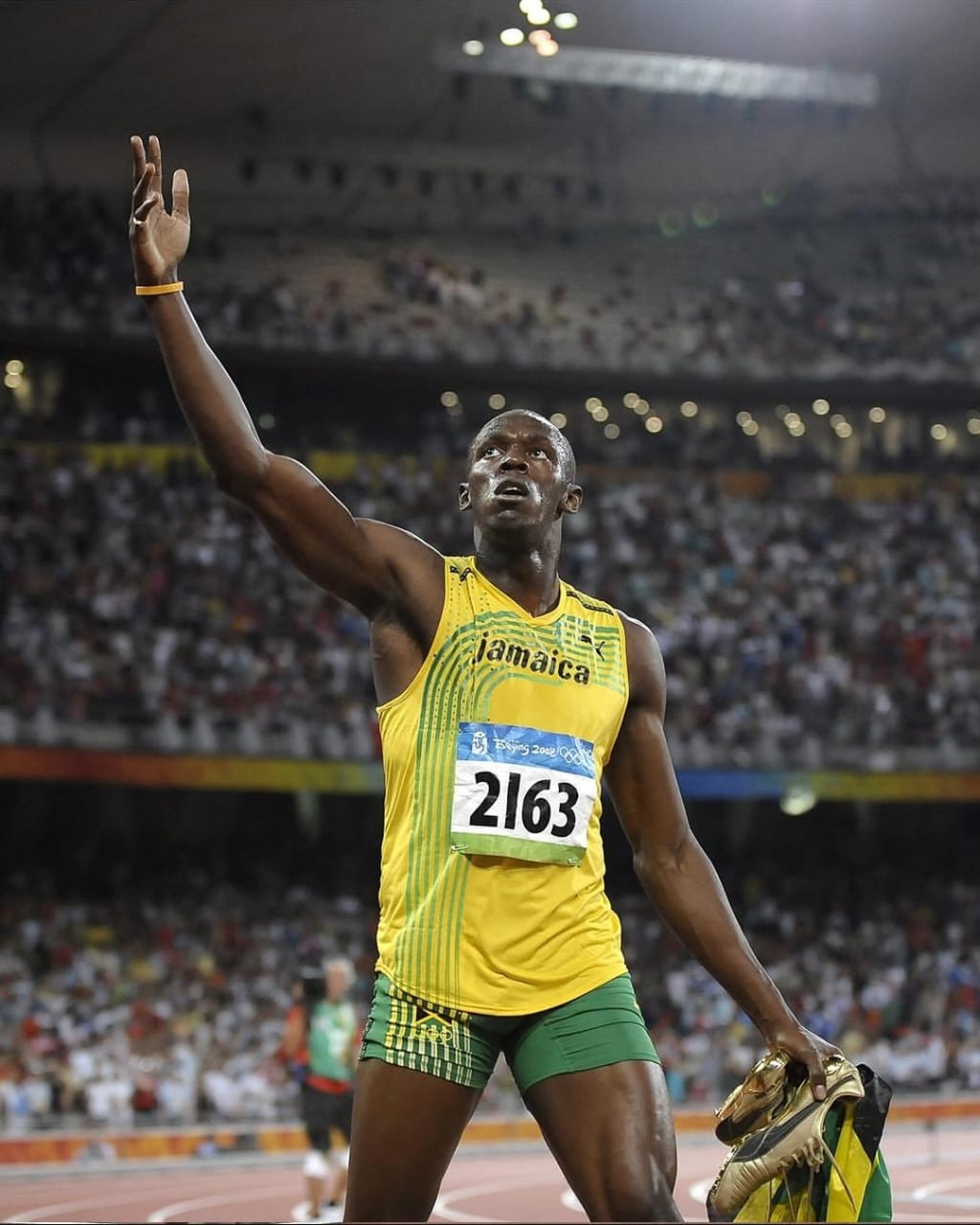When it comes to sprinting greatness, no name resonates louder than Usain Bolt. With eight Olympic gold medals and three staggering world records to his name, the Jamaican sprint king redefined speed on the track and became a global icon in the process.
But what was it that made Usain Bolt so unstoppable? A leading sports scientist has broken down the ‘secret advantage’ that propelled him to legendary status.
The Science Behind Bolt’s Unmatched Speed
Usain Bolt’s dominance wasn’t just down to hard work, his unique physiology gave him an edge that no other sprinter could match. In 2015, two years before Bolt hung up his spikes, sports scientists at Loughborough University took a deep dive into what made the sprinter so extraordinary.
Speaking to the BBC, Dr. Sam Allen revealed that elite sprinters don’t necessarily swing their legs any faster than recreational runners.
“Elite athletes generate so much more power, owing to the fact they naturally have more fast-twitch muscle fibres,” Allen explained.
While recreational runners typically spend about 50% of their sprint time airborne, elite sprinters are in the air roughly 60% of the time. This subtle but crucial difference means they’re constantly propelling themselves forward at incredible speeds.
A Genetic Outlier

What makes Usain Bolt’s dominance even more astonishing is that, by all scientific logic, his 6ft 5in frame should have been a disadvantage in sprinting, especially in the crucial early phases of a race where quick, short strides are key to acceleration.
“Bolt is a genetic freak because being 6ft 5ins tall means he shouldn’t be able to accelerate at the speed he does given the length of his legs,” former Great Britain sprinter Craig Pickering told Sport Bible.
“At the beginning of a race you want to take short steps in order to accelerate, but because he’s so tall he can’t do that. But then when he reaches top speed he has a massive advantage over everyone else because he’s taking far fewer steps.”
In essence, once Bolt hits his stride, his long, powerful legs cover more ground per step than any of his rivals, giving him a unique top-end speed advantage that no one else has been able to match.
Natural Talent Meets Relentless Drive
While science and genetics gifted Usain Bolt with the tools for greatness, it was his mindset and work ethic that turned him into a sprinting legend. Both Dr. Allen and Pickering agreed that Bolt’s record-shattering career was a product of not just his rare physical traits but also his unwavering commitment to excellence.
Since retiring in 2017, no athlete has come close to breaking his iconic records, including the jaw-dropping 9.58 seconds in the 100m at the 2009 World Championships in Berlin, the 19.19 seconds in the 200m, and the 36.84 seconds in the 4x100m relay at the London 2012 Olympics.
A decade later, Usain Bolt’s records still stand tall, a testament to a once-in-a-generation athlete whose dominance was fueled by a perfect storm of natural ability, unique physiology, and an unshakeable will to be the best.


